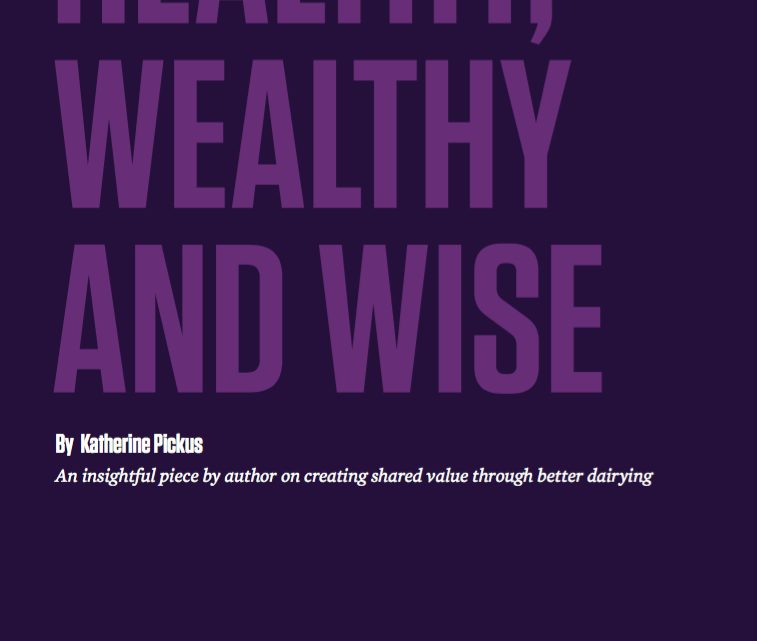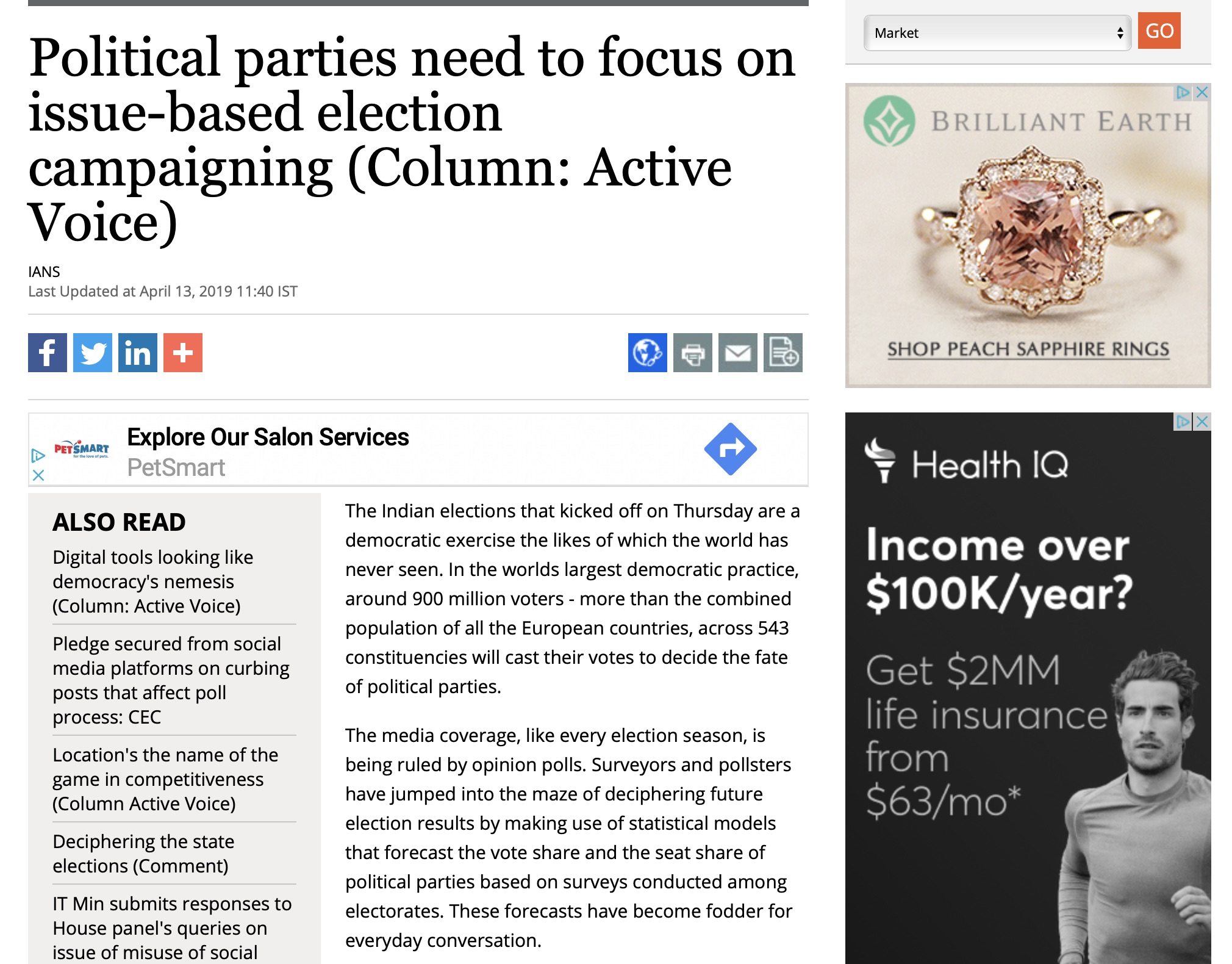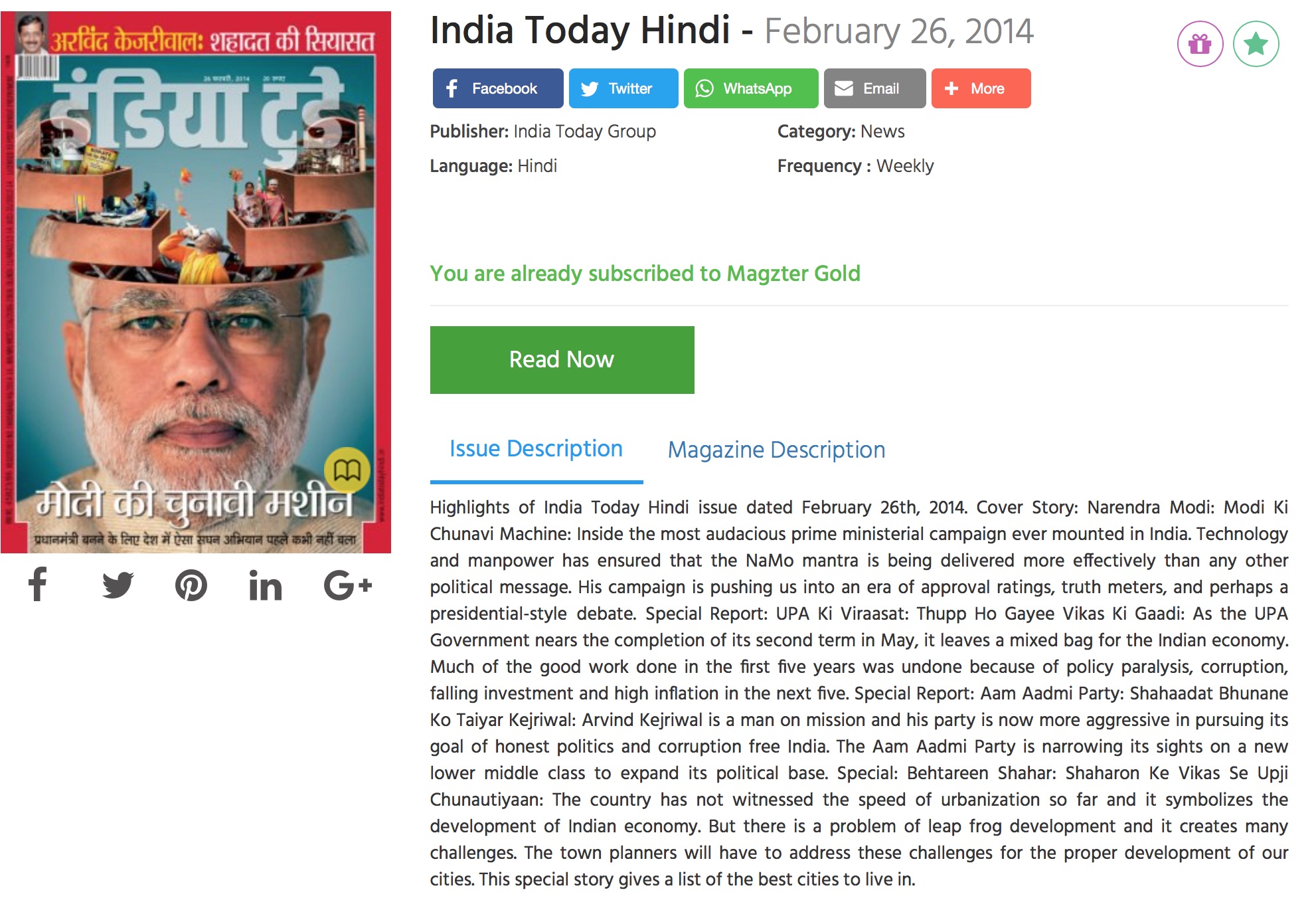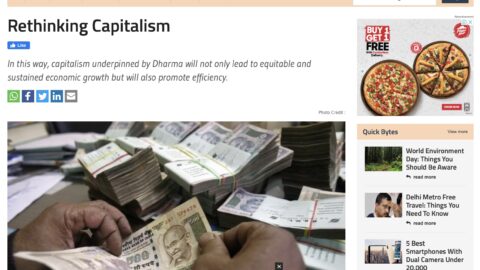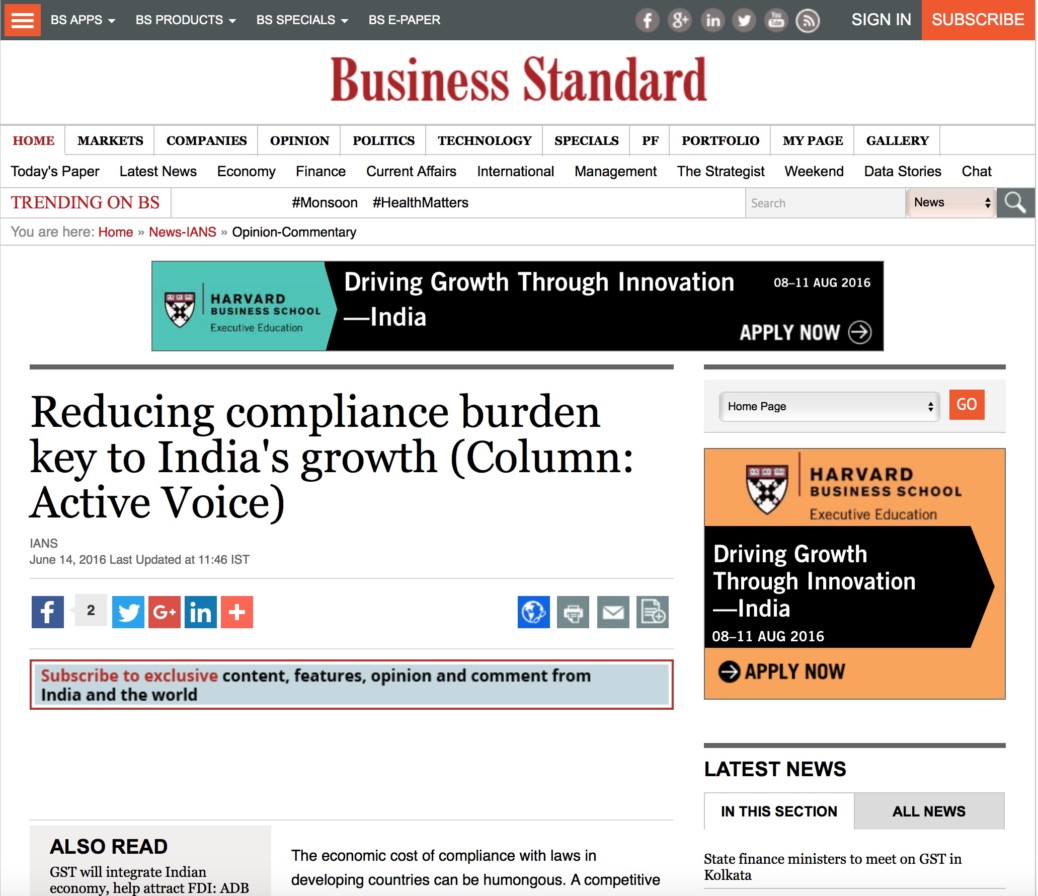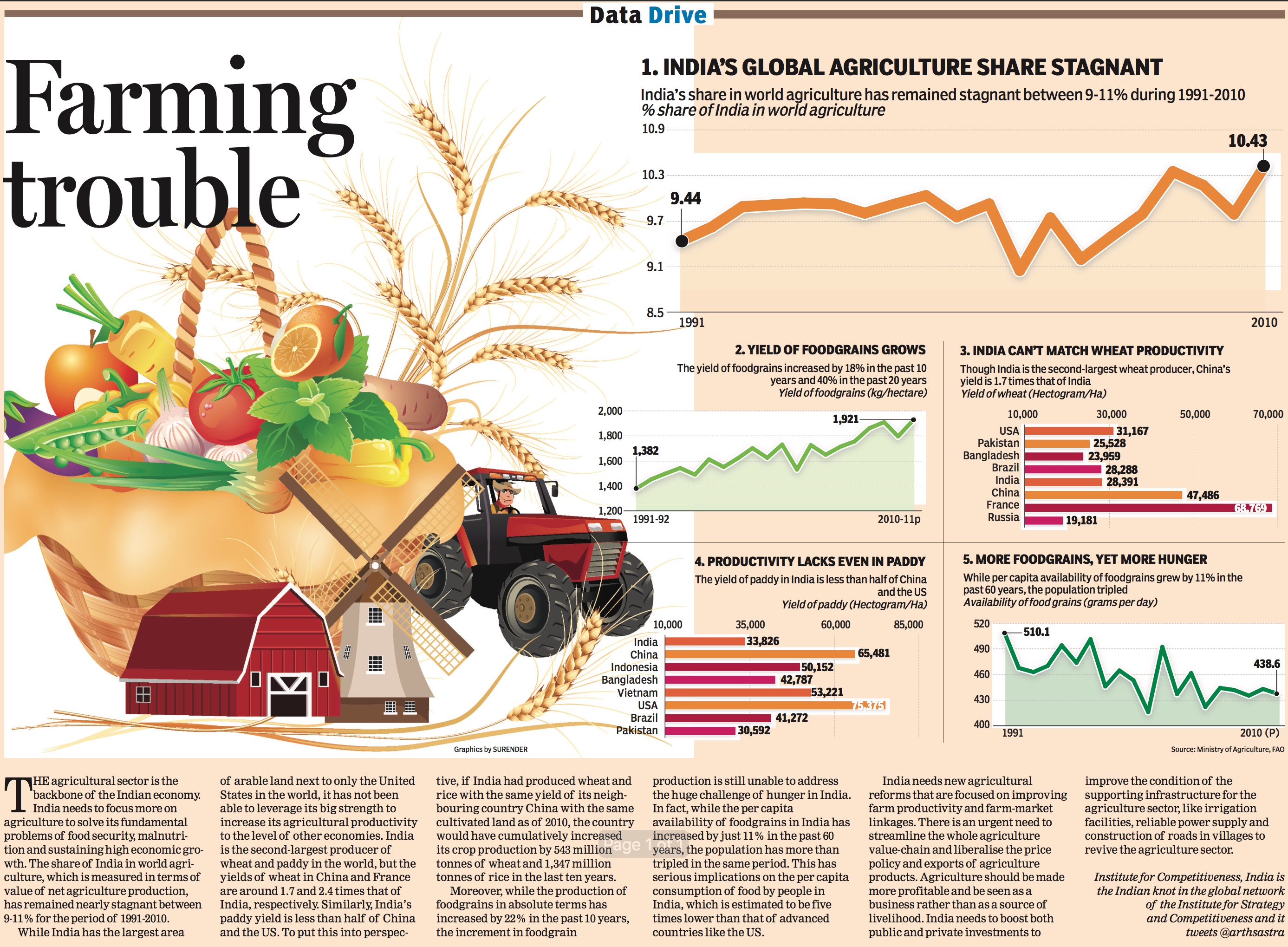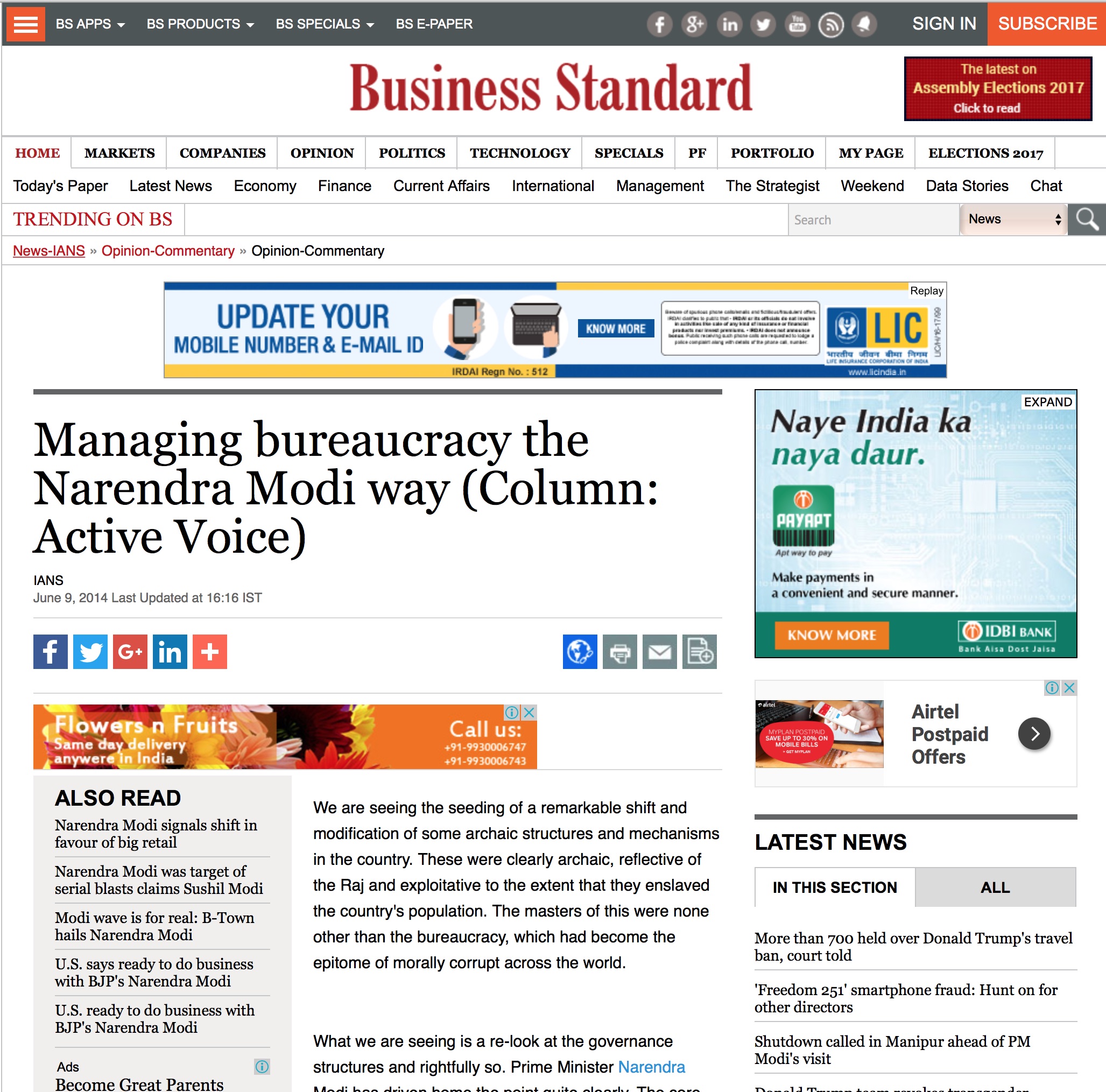An insightful piece by author focusing on presenting a compelling argument for healthcare companies to pursue the idea of shared value as a strategic imperative.
Classical wisdom held that “The greatest wealth is health.” When looking ahead at the potential positive impact of shared value, I’d add an important corollary: “Health is the greatest way to wealth.” Because healthy people – and the healthy communities and nations that they build – are more dynamic and productive, both socially and economically.
The correlation of health and prosperity makes shared value a natural opportunity for healthcare companies. At Abbott, our core business – helping people live more fully through better health – contributes directly to the welfare of the places in which we operate.
Healthy people can contribute more. They can support their families, contribute to economic enterprises or create their own, and pursue an ever-widening range of activities that enhance their lives and build stronger communities. And, of course, they don’t require the kind of intensive expenditure of resources demanded by ill health, allowing people to put their energies and resources to other good uses.
But health itself – while the first and most important – is only one of the benefits that healthcare companies can bring to societies. By providing products that address people’s local preferences and countries’ specific needs, and by developing and producing them in-country, companies’ focused investments can create myriad mutual benefits.
One example is our production of nutrition products in India, for India.
In 2014, we opened a state-of-the-art manufacturing facility in Jhagadia. The intent of this plant is to produce nutrition products for India. So, we’re not just selling a product manufactured elsewhere to Indians; we’re not just finishing products in India for other markets. We’re building a vertical supply chain in India, supporting our production in India of goods made – and often designed – specifically for Indian consumers. This helps build Indian production capability across the supply chain, strengthening communities and creating an upward economic spiral.
Today, 70 million, or nearly half, of India’s rural households depend on dairying for at least part of their income, according to the World Bank. With increasing domestic demand for milk, there is tremendous potential to expand farmers’ incomes and improve the quality of life for their families and communities.
However, the small-holder farmers who make up the majority of the industry often lack training, business skills, and access to resources and markets. This has kept many farmers and their families in a cycle of poverty, hampering economic development and limiting the dairy industry’s ability to meet today’s growing demand from consumers and companies like Abbott.
To advance the potential of both our nutrition business and rural communities in India, Abbott is developing a new shared-value program to strengthen the capabilities and capacity of local dairy farmers.
We’re working in rural Maharashtra to provide 1,500 small-holder dairy farmers with the support and infrastructure they need to increase their incomes while expanding the supply of high-quality milk. By bringing these farmers into the organized dairy industry, we’re aiming to strengthen our supply chain, while helping them to build better lives and stronger communities.
Working in partnership with the international non-profit TechnoServe and the Indian dairy company Prabhat, Abbott plans to invest and share its expertise in quality operations to support dairy farmers in three ways:
- Providing training and resources for farmers in financial and business skills, veterinary care, feeding and dairy development.
- Building critical infrastructure, including new bulk milk chiller facilities in local communities, to provide safe and reliable cold storage to ensure high-quality milk.
- Creating transparent, market-driven payment systems to support consistent prices based on the quality of milk. This will provide farmers with a reliable, sustainable market, and help ensure a high-quality supply of milk for our business and consumers.
This program, then, provides a virtual textbook example of how shared value should work. The company gains by building a high-quality, cost-efficient local supply chain that strengthens its nutrition business in India. Dairy farmers gain the resources and expertise they need to increase their incomes and improve their families’ quality of life. Local communities gain investment and more productive dairy industries. And Indian consumers gain access to high-quality nutrition products, made in India from locally sourced ingredients.
Finally, this economic ecosystem is sustainable, because it’s market-driven; it builds a multi-faceted network of mutual interest and benefit to provide needed products that help people live healthier lives. The social goods are natural outcomes, driven not just by the company’s best intentions but by its best interest. That’s what makes it sustainable – and its benefits lasting – for all involved.
Published in the Magazine Thinkers

